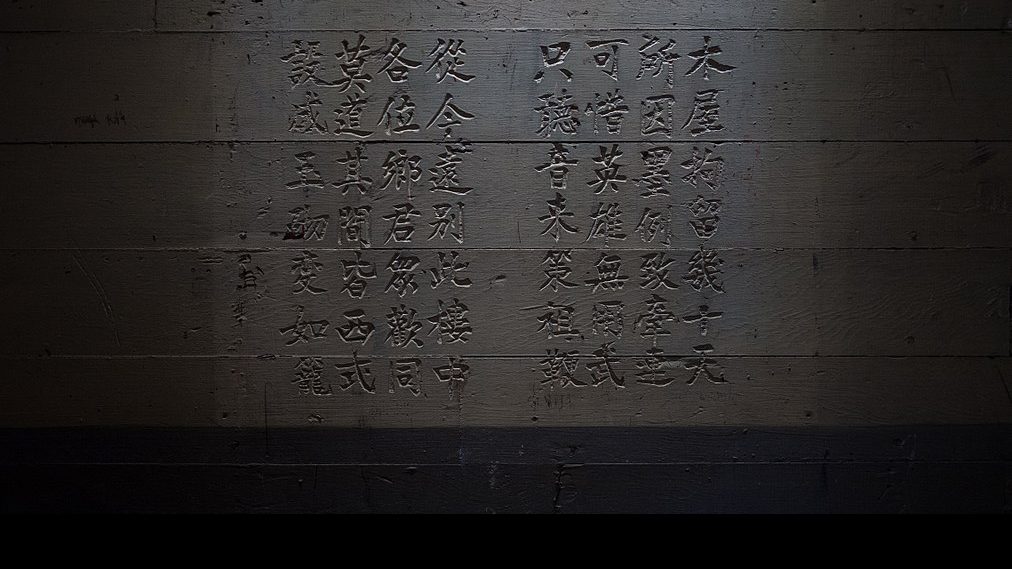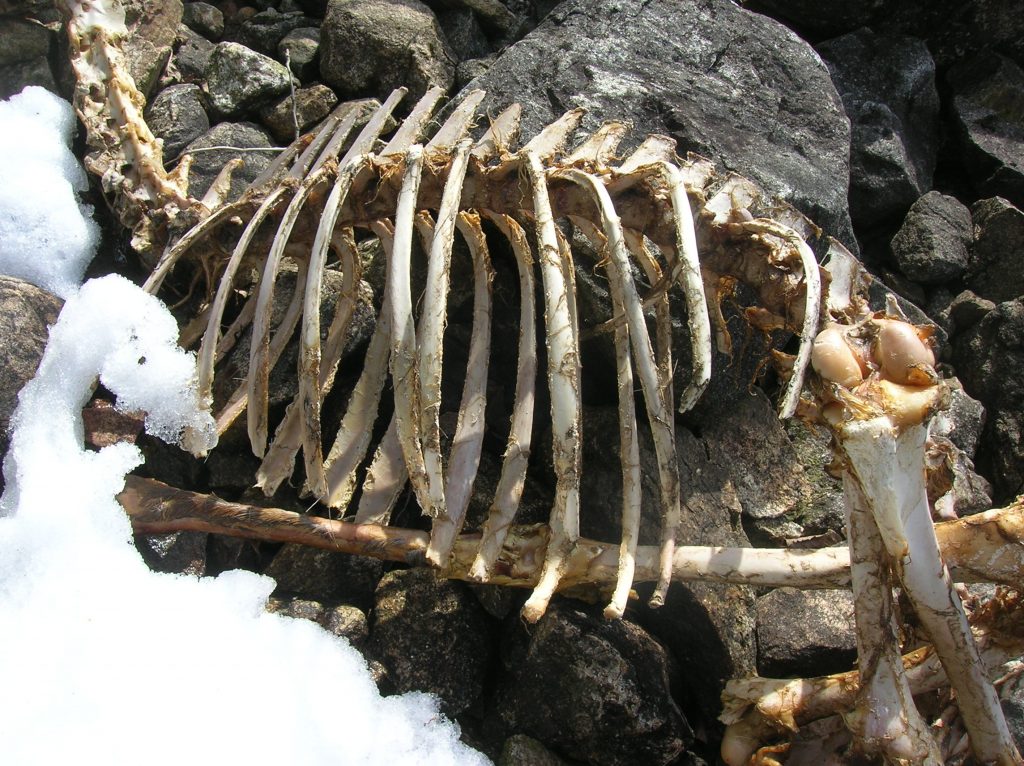Why I Chose It: Michigan Quarterly Review Reader Bryan Byrdlong introduces Carlina Duan’s “Angel Island” from our Winter 2020 issue.
I chose Carlina Duan’s “Angel Island” because of how thoroughly it excels at poetic transformation. The poem itself is a definition poem, a form created by A. Van Jordan, that utilizes several definitions of the preposition “in” as a method of rendering but also transforming three scenes related to Chinese American immigration and history. As I read along, I marveled at how Duan interpolates the word ‘in’ both showing and substituting the speaker’s state of being:
“I slithered in a pan—crackle-splat, purple drizzle… / in the barracks I was a daughter and a terror”
And yet, within the poem there is another layer of transformation taking place; the first section’s “in the barracks” (presumably on Angel Island) is followed by the second’s “in 1882” and the third’s “in love”. The end result is a metamorphosis of the initial voice of the “I” into a three-part harmony; a ‘we’ that exists in both past and present, but still must contend with being altered by the country and state that they are in—in.
MQR now records audio editions of poets reading their work. Hit play below to hear Carlina Duan read her poem “Angel Island” and scroll down for the full text.
Angel Island
after A. Van Jordan
IN [prep.]
1. expressing the situation of something that is or appears to be surrounded by something else: living in the barracks I dreamed nightly of snapping garden vines, gathering eggplants shiny as beetles; a little palm sugar, a little oil, I slithered in a pan—crackle-splat, purple drizzle, rounds of eggplants browning in fire & oil; fat & lusty grease-filled moons; in the barracks I was a daughter and a terror; no scalding water to soak in; in a square room we were left to rot; I watched the clock go click, click, click, the door shut, the air stale from other hissing breaths; breathe in the cots, cages, pork they fed us in chunks, brewed in a washtub then piled atop plates; in the toilets we pissed sly streams facing each other in our pruned skins; do not think of me in here; think of me in harvest, long summers before the steamboat; eggplants coming in slender purple stalks in the hushed field in the summer after rain, tiny grasses sprung out a river, before the bombings, before English crushed like tinfoil against my tongue, think of me in the house I ate pork floss in, fine and hungry and full of salt, the crops growing, the green roasting, my mother calling my name—
2. expressing a period of time during which an event takes place or a situation remains the case: in 1882,“the coming of Chinese laborers to the United States … is hereby, suspended,” papers cast alive by Congress, wet with signatures, stamps; in small decades, we were laborers; we carried a gold rush on our backs; we arrived in 1910 by ship, heavy and swollen from the sea; at the Angel Island Immigration Station our bodies levitated in minutes, ticking, ticking, alive, alive; forgo mercy and forgo hunger; slurp the pig slop; our muscles in 1911, 1912, we turned ghost and ghost again, thought we would die in a month, a year; land-starved, starry with sweat, “That the words ‘Chinese laborers,’ whenever used in this act,” should rattle like pork bones in a tin. we worked, we worked, we sing:
Don’t fall for all this Western façade
Even if it is jade-filled, it is still a cage
3. expressing a state or condition: I was in love. I was in pain. a woman in my state needs nutrition, needs soil for her feet. a woman in my state needs a country. aisles. alleyways to roam. in my stillness I dreamed of throttling an orange—throwing my nails into the rind, digging till I felt the crush, juice splitting against my fist while I dug the seeds out, emptied the gut, fragrant, bitter, my face wolfish and foreign, a mouth smeared sticky, stringy with pulp. at the station, I was in a feral state. they called me in for questioning: a creature made of acid, sugar, snout, blood.
Author’s Note: In 1970, poetry (written in Chinese calligraphy) was discovered at the Angel Island Immigration Station, etched into the walls. “Don’t fall for all this Western façade / Even if it is jade-filled, it is still a cage” was one such discovered line. I recommend Judy Yung’s essay, “A Bowlful of Tears: Chinese Women Immigrants on Angel Island” in Frontiers for supplemental reading. The text in Section 2 is sourced directly from the Chinese Exclusion Act, passed in 1882 (Avalon Project at Yale Law School).



